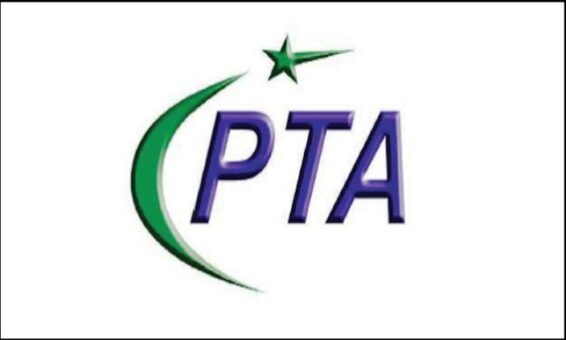Islamabad, December 12, 2023 – Pakistan took a significant step forward in fortifying its cybersecurity defenses with the unveiling of the National Cyber Security Policy – 2021 implementation roadmap.
Announced by the Pakistan Telecom Authority (PTA), the comprehensive strategy spans five years (2023-2028) and aims to enhance the overall cybersecurity posture of the country’s Telecom Sector.
The strategy, organized into six pillars, addresses distinct facets of cybersecurity, reflecting a multi-stakeholder approach involving the public and private sectors, peer regulators, telecom operators, private security firms, academia, and civil society.
Pillars of the Cyber Security Strategy:
a. Legal Framework: The strategy seeks to provide legal and regulatory cover to cybersecurity efforts through regulations like PTA’s Critical Telecom Data and Security Regulations – 2020 (CTDISR), Pakistan’s Cyber Security Policy – 2021, and PTA’s Cyber Security Framework – 2022.
b. Cyber Resilience: The focus is on defending Critical Telecom Infrastructure (CTI) and Critical Telecom Data (CTD) by employing a defense-in-depth and zero-trust model.
c. Proactive Monitoring & Incident Response: A collective defense approach to generate a synergized response to cyber-attacks across the Telecom Sector.
d. Capacity Building: In collaboration with international subject experts, local technical resources, and academia, efforts will be made to enhance the skill set and knowledge base in cybersecurity.
e. Cooperation & Collaboration: Actively engaging with international organizations, the National CERT, other sector regulators, local intellect, and academia to foster collaborative cybersecurity efforts.
f. Awareness Trainings: Providing organizational and end-user awareness training to strengthen the human element in cybersecurity.
The Cyber Security Strategy acknowledges the evolving landscape of cyber threats, citing increased complexity due to digitization, technological innovations, and the expanding attack surface. Notable incidents like the SolarWinds and Microsoft Exchange breaches underscore the need for robust cybersecurity measures.
Vision and Aim of the Strategy:
The strategy envisions creating a secure, resilient, and trusted digital ecosystem for Pakistan’s Telecom Sector, empowering users and businesses to leverage digital opportunities without interruption. It aims to protect against cyber threats, emphasizing the confidentiality, integrity, and availability of information.
The overarching aim is to strengthen the Telecom Sector’s ability to protect against cyber threats, reducing their potential impact on national security, the economy, and public services. Measures include improving awareness and education, investing in research and development, and fostering collaboration with public and private sector partners.
Scope and Objectives:
The strategy applies to all PTA licensees, including cellular mobile operators, fixed local loop, long-distance & international providers, and internet services providers. PTA will serve as a cybersecurity enforcement and coordinating center, collaborating with government bodies and other stakeholders at the national level.
Objectives include building a team of cybersecurity professionals, fostering a sector-wide cybersecurity culture, devising resilient defenses, proactive monitoring, timely detection of incidents, and creating a nationwide culture of cybersecurity through mass communication.
In essence, the unveiled Cyber Security Strategy for Pakistan’s Telecom Sector represents a significant step toward safeguarding the nation’s critical information infrastructure against evolving cyber threats. The comprehensive approach and multi-stakeholder involvement highlight a commitment to creating a secure digital environment for the sustained growth and prosperity of the country.
